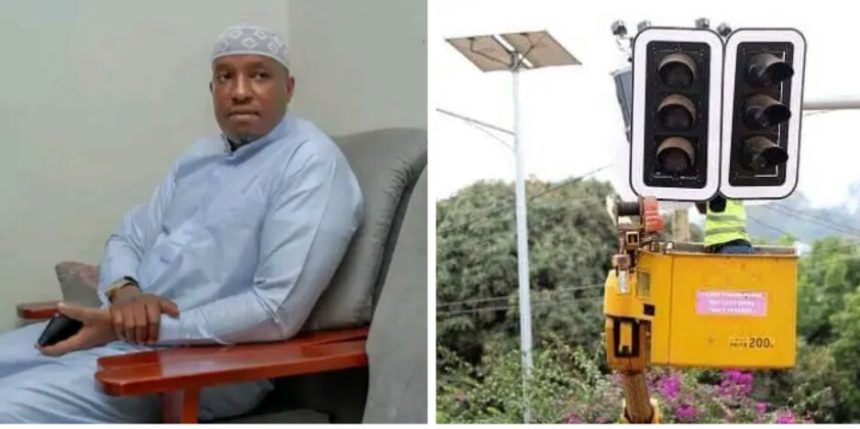The backlash against Uganda’s newly enforced Electronic Penalty System (EPS) has now crossed political lines, with prominent National Resistance Movement (NRM) supporter and Patriotic League of Uganda (PLU) activist, Rashid Senkindi, threatening a nationwide strike. Senkindi, who heads the taxi drivers’ association, has warned that the automated penalty system is pushing taxi drivers and vehicle owners to the edge of bankruptcy.
Speaking on behalf of frustrated drivers, Senkindi noted that the system — introduced just weeks ago under the Smart City initiative — is unfairly targeting low-income earners. The EPS, which uses road cameras to automatically issue fines for traffic violations such as speeding and running red lights, has drawn anger from all corners of the political divide.
“This isn’t about politics anymore,” Senkindi said. “Whether you support NUP, NRM, or PLU — everyone is suffering. Taxi drivers, especially, are being driven out of business. The system is making it impossible for us to earn a living.”
Social media has been flooded with testimonies from boda boda riders, private motorists, and public transport operators who claim the fines are excessive and often issued without proper context or warning signs.
In response to growing pressure, the government has acknowledged public concerns. In an official statement, it revealed that it is reviewing stakeholder feedback, particularly on issues of speed enforcement and red-light violations. However, the Ministry of Works and Transport has made it clear: the EPS will remain in effect.
“We urge all road users to continue observing traffic regulations as efforts to improve road safety continue,” the statement read.
With voices like Senkindi’s now joining opposition leaders and everyday drivers, it’s evident that the EPS has become a national issue — not just a political one. The question now is whether public pressure will be enough to force any significant changes to the system.




















